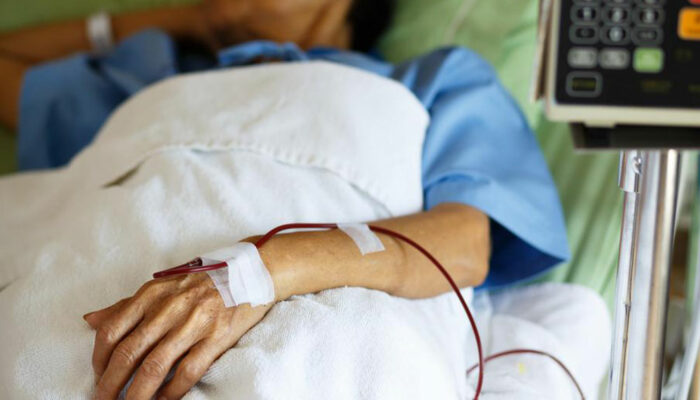
Symptoms and Treatments of Colon Cancer
Cancer, which starts at the large intestine, is known as colon cancer. Typically, this cancer is more prevalent in older adults, but it can happen to anyone irrespective of their age. Cancer starts as a benign cluster of cells known as polyps that appear on the interiors of the intestine or colon. So, here, we’ll discuss some common symptoms and treatments of colon cancer.
Symptoms
Unfortunately, in the initial stages, colon cancer might not showcase any signs. However, if there are any symptoms experienced in the initial stages, it would be:
- Diarrhea
- Constipation
- Changes in the color of the stool
- Presence of blood or blood spots in the poop
- Changes in the shape of the stool; probably narrowed stool
- Excessive gas
- Rectum bleeding
- Abdominal pain
- Abdominal cramps
Whenever you notice either one or more of these symptoms, and they remain persistent for a while, you should consult a doctor and undergo a screening for colon cancer.
Symptoms in Stage 3 and Stage 4
As discussed, colon cancer usually showcases more prominent symptoms in the later phase, which are Stage 3 and Stage 4. So, besides the symptoms listed above, you could also experience a few additional symptoms such as:
- Unwanted weight loss
- Excessive fatigue
- Indecipherable weakness
- Changes in the appearance of the stool, which lasts over a month
- Vomiting
- Feeling that your bowels haven’t been completely emptied
Symptoms when colon cancer aggravates and spreads to other body parts:
- Swelling in the feet or hands
- Jaundice
- Difficulty in breathing
- Headache, which doesn’t seem to go away
- Bone fractures
- Blurry Vision
Treatment
Symptoms and treatments of colon cancer go hand-in-hand. So, depending on the symptoms experienced by you, the doctor will suggest an appropriate treatment measure. Hence, the treatment depends on factors, such as the stage of cancer, symptoms experienced, and your current health condition. Some treatment measures include:
- Surgery
When the cancer is in the earlier stages, you can undergo surgery to get rid of the cancerous polyps.
- Chemotherapy
In chemotherapy, medicines are used to defeat unhealthy cancer cells. This treatment is usually done after surgery and helps get rid of all the cancer cells, which are not removed from surgery. It also takes care of the further growth of the tumor. Though chemotherapy does offer some relief in the later stages, it does have its share of side-effects, which can be minimized by additional medication.
- Radiation
In radiation, high-power energy beams are used to kill the cancer cells. It can be used as a treatment measure, both pre-and post-surgery. Usually, it is done in combination with chemotherapy.
- Medication
Regorafenib is used as a medicine for the treatment of the later stage or metastatic colon cancer. It is primarily used when the body does not respond to any other method of treatment, or when colon cancer has aggressively spread to other body parts. This medication helps in blocking the enzymes, which leads to an increase in the number of cancer cells.



